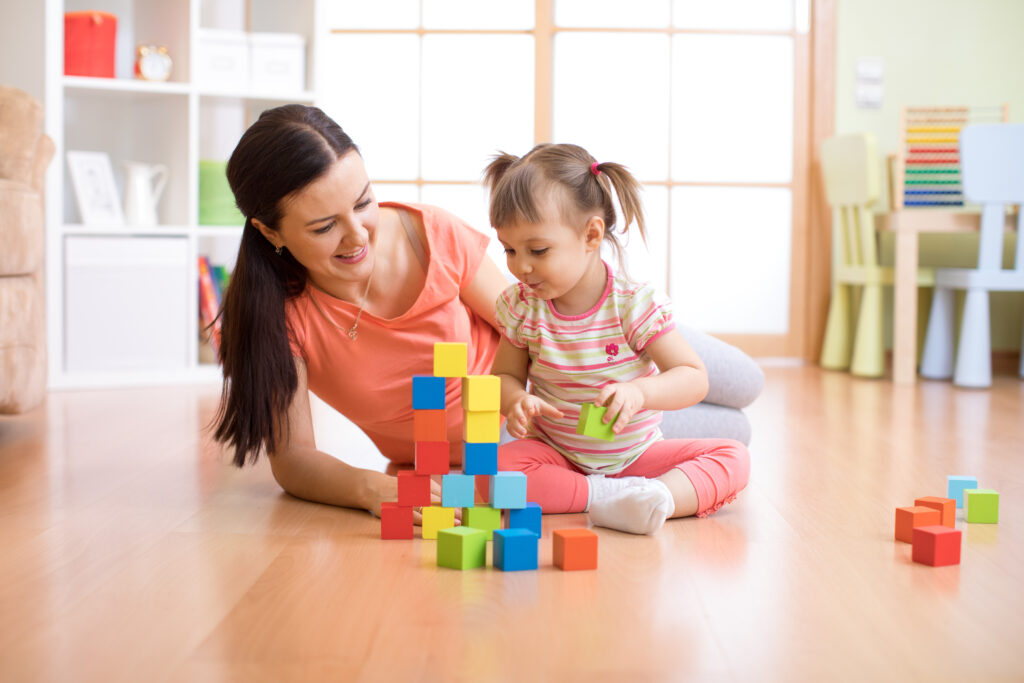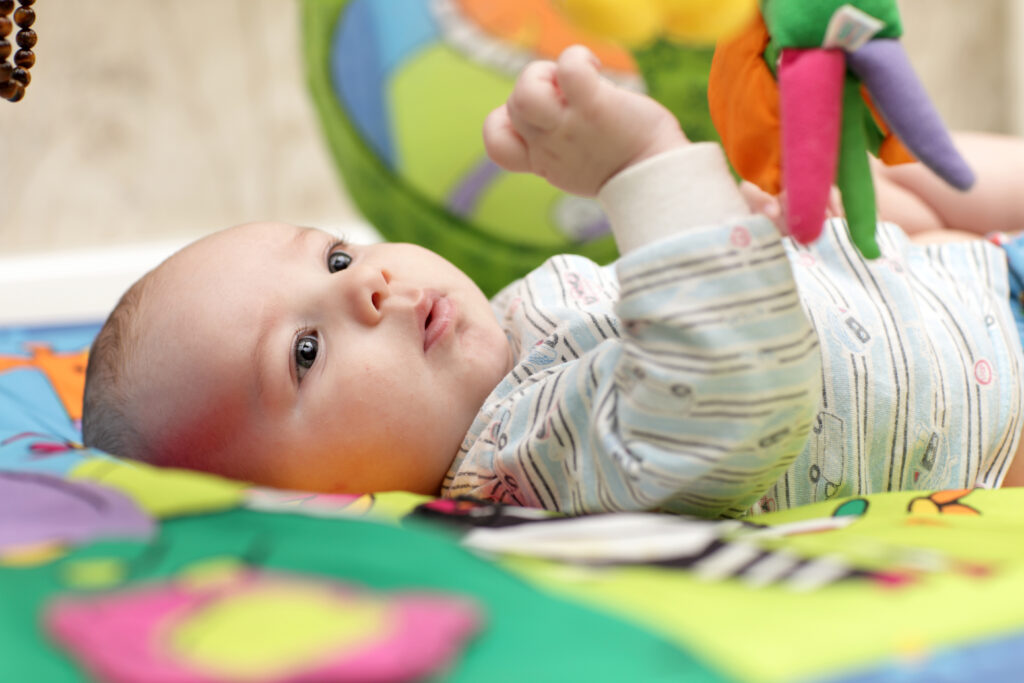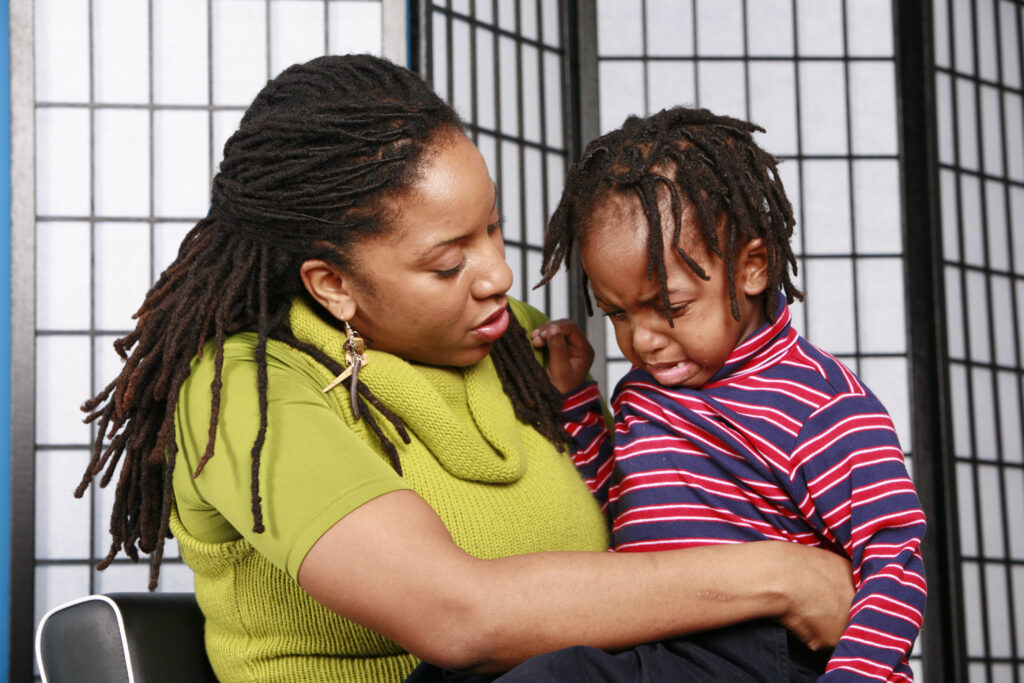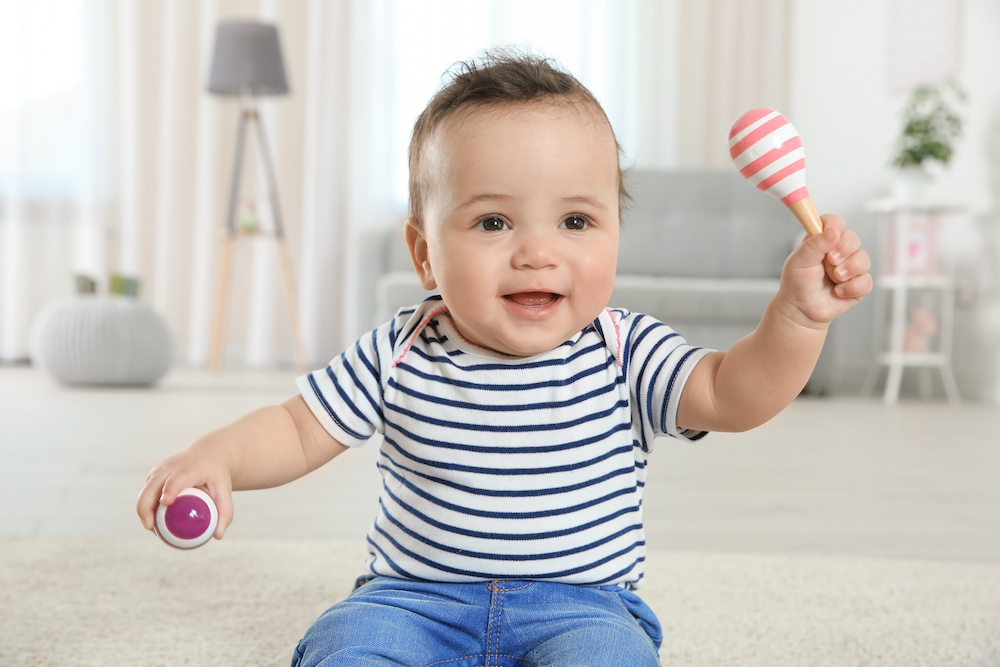
As parents, we get so much feedback about what we can do to enhance our baby’s development. Sometimes, it can be difficult to remember one of the best parts—playing together! In The CuddleBright Parenting Guide, we learn about the many benefits of play to early child development, the parent-child relationship, and lifelong thriving. But, research […]

Children thrive when they are provided with a predictable, structured environment. Routines provide a sense of safety and security, as well as foster healthy emotional and physical development. Here are some healthy routines to consider: Provide regular bedtimes and mealtimes Engage in predictable activities before lights out at night, such as reading a book or taking a […]

Just think of how much time babies spend in routines of one kind or another: sleeping, bathing, feeding, and diaper changing, not to mention dressing, getting in or out of a carseat or stroller…and the younger the child, the less time they spend doing much else! These activities require the child’s cooperation, and routines and […]

From the moment your baby is born many of the things you are naturally doing as a caregiver such as smiling at your baby, rocking your baby, and trying to detect why they are crying are laying important foundations for your child’s self-regulation. Helping your child develop their ability to self-soothe and self-regulate is not […]

You may be surprised to learn that the process by which children learn to regulate their body, emotions and behaviors starts from the minute they are born. Those first tender and calming cuddles and smiles you offer your baby are laying the groundwork for them to one day regulate on their own. Since self-regulation is a foundation […]

It’s hard to wait! It can be hard for adults, and it’s even harder for young children. Psychologist Walter Mischel and colleagues have spent decades researching children’s capacity to delay gratification. Often referred to as the “Marshmallow experiments,” Mischel’s studies vividly illustrate how hard it can be for young children to wait for something they […]

All relationships experience moments of miscommunication or conflicting intentions and expectations; these are known as ruptures. No matter how good a parent you are – no matter how sensitive, attuned, and attentive– ruptures between you and your child will occur now and then. In fact, Dr. Ed Tronick’s research suggests that as many as 80% of interactions […]

Young children must find their own space and place – physically and emotionally – in their homes and in the world. To do this, they need clear limits. Limits are guidelines for what is okay and not okay to do in a given environment. Limits are like the guard rails that keep a child safe, […]

Neuroscientists have found that music promotes brain development in early childhood, strengthening language and motor skills, as well as the capacity to regulate emotions and relate to others. Music solidifies the brain-body connection. Before babies are verbal, they can demonstrate response to music through movement. The neural pathways that are fortified when an infant listens […]

Almost 50 years ago, researchers Alexander Thomas and Stella Chess studied 100 babies from early infancy to adulthood and identified 9 temperament traits, including persistence, intensity of reaction, activity level, and adaptability. Since that time, scientists have been able to refine our understanding and focus on five qualities of temperament, which the Program for Infant/Toddler […]











